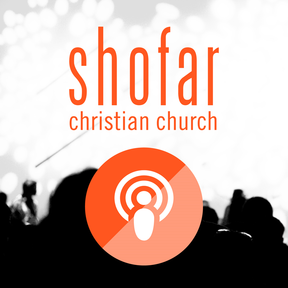Discover Community

The problem of loneliness
What is community?
Why is community so hard?
A story of a community
Gen 1–11 always aims at explaining something that is a part of human existence, something that is always related to human existence as created existence, something incomprehensible in the created state, e.g., the pains suffered by a woman at childbirth. The present situation which is to be explained reaches as far back as the human memory can go and beyond. It is in this beyond, beyond all human experience, that there lies the event that is to explain the present situation; it is a primeval event.
The most famous ziggurat of all, the one at Babylon, is the focus of the present narrative. It was known as the e-temen-an-ki, “The House of the Foundation of Heaven and Earth.” In the flat, alluvial plain of Lower Mesopotamia, the ziggurat constituted a man-made sacred mountain in miniature, the physical means by which man and god might enter into direct contact with one another.
Significantly, the purpose of the builders includes making a name for themselves. Building projects are often associated with human pride, and Nebuchadnezzar is reputed to have had his name stamped on every 50th brick to commemorate his building program in Babylon. The pride that he showed is reflected in the book of Daniel (Dan 4:30).
The divine decision to scatter the people prevents them from completing the city at this time. The significance of the confusion of their language is highlighted by a wordplay on the similar sounds of the word for Babel and the verb “to confuse”: בָּבֶל/bābel and בָּלַל/bālal.
An example from James
ἐριθεία comes from ἐριθεύω, “to work as a day-labourer,” “to conduct oneself as such,” “to work for daily hire,” and this again comes from ἔριθος, a “day-labourer.” ἐριθεία thus means the “work,” then the “manner, attitude or disposition of the daylabourer.”
But in R. 2:8 contention or strife is rather too specialised, and we do best to see a reference to the despicable nature of those who do not strive after glory, honour and immortality by perseverance in good works (v. 7), but who think only of immediate gain.
Community from below
Community from above
In summary, human spirit in its entirety is woven into sociality and rests on the basic-relation of I and You. “Only in interaction with one another is the spirit of human beings ever revealed; this is the essence of spirit, to be oneself through being in the other.” In infinite closeness, in mutual penetration, I and You are joined together, inseparable from one another forever, resting in one another, intimately participating in one another, empathizing, sharing experiences, bearing together the general stream of interactions of spirit.
The fact that personal unity is closed is documented through the recognition that self-consciousness and self-determination are irreducibly separate from everything social; these acts are inwardly directed.